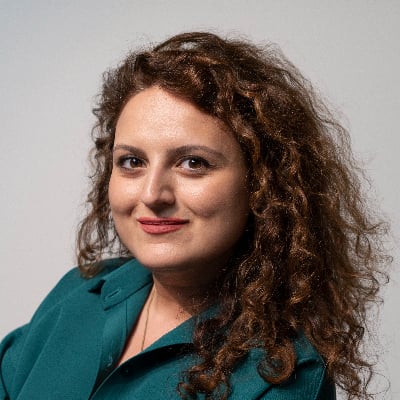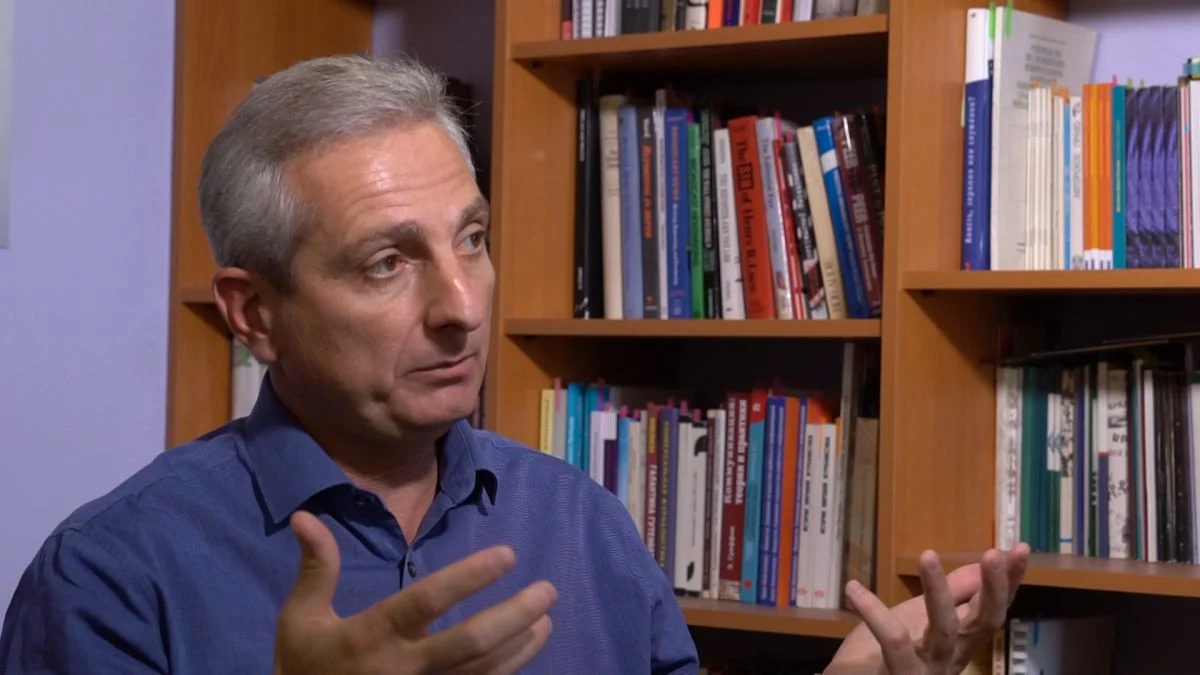The advancement of digital technologies today allows everyone to freely express themselves and exercise their right to free speech, which contributes to the strengthening of democratic governance. However, the online world also poses significant risks to human dignity, security, and public order. As a result, many countries are seeking ways to regulate internet content.
A few days ago, Freedom House released a policy brief titled “The Role and Importance of Online Regulation Reforms in Armenia,” which included several sector-specific recommendations.
Media.am interviewed Ara Ghazaryan, an international law specialist and one of the authors of the brief.
Today, internet content regulation has become a global challenge for many governments. What are the reasons behind this, and why is it so important?
With the advancement of digital technologies, the metrics for the dissemination and speed of information have multiplied several times over. Today, almost everyone has access to any information. However, along with the benefits and progress, these rapid developments have also introduced new dangers.
Today, there is a significant risk of covert use of the information available on the Internet. The uncontrolled online environment can lead to challenges in maintaining public order and national security.
A delicate balance must be struck between individual rights, such as the freedom to receive and impart information and ideas, and legitimate public interests.
What legislative mechanisms regulate the internet in Armenia today?
Today, the Internet in Armenia is primarily regulated by the “Electronic Communications” law. However, this law is outdated and requires updating. If we consider that radio and television are partially connected to the Internet, then we can say that the Television and Radio Commission is also a regulatory body in this field, but only for cable television companies.
Domains are primarily regulated through civil legislation, specifically on a contractual basis. The “Internet Community” NGO oversees this particular domain. Other aspects involve communication operators such as TEAM Telecom Armenia, Viva-MTS, Ucom, etc. These are licensed companies regulated by the Public Services Regulatory Commission. Providers also fall under this category.
Now, let’s consider an example to understand the situation in our online domain. When there is illegal content on the Internet, the question arises: How should this illegal content be dealt with? Should it be regulated somehow, or should it be blocked or removed entirely? And if regulation is necessary, who should implement it, and on what principles should it be based?
It is at this point that state participation and intervention become necessary, as the state is the primary guarantor of public order and public interest.
When you mention the necessity of state participation and intervention at this stage, what model and mechanism do you propose?
In the policy brief, we presented a proposal for a coordination model; however, regulation and coordination should be defined first.
In the case of regulation, the state carries out the entire process, which contradicts democratic principles.
Let me provide an example of coordination that is currently in place. The Television and Radio Commission is a regulatory body established by the state, and it collaborates with the Media Ethics Monitoring Body, a self-regulatory organization. This collaboration results in a hybrid model of self-regulation and regulation, demonstrating an effective example of coordination.
The online domain coordination model is best exemplified in the European Union, where major players such as Facebook, TikTok, Google, and other social networks and search engines operate based on state regulation principles. The correct distribution of roles in this model is crucial.
The government sets the standards, and private individuals or companies, such as Facebook moderators, enforce these standards by deciding whether to remove or block certain content based on the government-set guidelines. This system has been in place in the European Union since February 17 of this year.
How should this coordination model function in our online domain, and what are the key issues and topics currently being discussed?
The main concern is that the platforms are not proactive enough in removing or blocking illegal content. Some people are worried that stricter regulations might limit freedom of speech. However, it’s crucial to note that these regulations only apply to inappropriate content, hate speech, discriminatory speech, or harmful content.
Others, on the other hand, argue that a large part of the internet domain in our country is unregulated, particularly with major international players such as YouTube, Facebook, and other platforms.
It is widely known that many illegal content originates from these networks. On the other hand, consider the number of domains in Armenia – for instance, all media are domains. Therefore, at the very least, this area can be made more legitimate through coordination
For instance, if a media outlet features sexist or racist content on its website, is there any authority other than the prosecutor’s office that can compel the private media outlet to remove such content? Currently, there is none. While this content constitutes hate speech and has no place in our legal system, it may not necessarily warrant a response from criminal legal mechanisms. Therefore, new mechanisms should be established. If the state develops standards and entrusts a private organization with its implementation, it will lead to successful outcomes.
We propose notifying the user that they have used illegal content and suggest that they remove it. If they do not comply, they will be subject to civil liability. For example, their contract may be suspended or terminated, their domain may be blocked, and so on.
Organizations managing “.am” and “.hay” domains can perform these functions but choose not to. We recommend improving the domain’s functionality systematically.
The other domain, which refers to communication operators, is more complicated. They claim they only operate the network and do not interfere with the content. They say a massive amount of information flows through their systems and that they never monitor it. It is also recommended that notification and removal mechanisms be implemented in this area.
Has there been any prior discussion on this topic with the beneficiary organizations?
Large-scale and comprehensive discussions have not occurred yet; they were only organized twice in the National Assembly.
First, we must identify the government body responsible for regulating this aspect. Presently, the Internet Governance Conference, which is not very active. The specific functions of this government-created forum are not clearly defined by law. Therefore, we need to clarify the conference’s activities. The most appropriate body for this role is the Internet Governance Conference, which can collaborate with stakeholders in the domain, particularly the Internet Community NGO and the more than 40 registrars associated with that NGO.
You mentioned that the government should establish standards and enforce them privately. Do you think there is a risk that this could suppress free speech, with the government attempting to restrict or eliminate strong and political criticisms by any means possible?
The state lacks the resources and constitutional authority to fulfill such a function. Its primary role is to ensure positive obligations. We suggest the state collaborate with private regulators, implement joint measures, and establish shared regulatory norms and standards through the Internet Management Conference to fulfill these positive obligations.
After implementing these standards, private individuals must periodically report to the state about any issues they encounter while applying specific standards. The most important aspect of this process is ensuring that these regulations never compromise freedom of speech, which is the fundamental principle.







